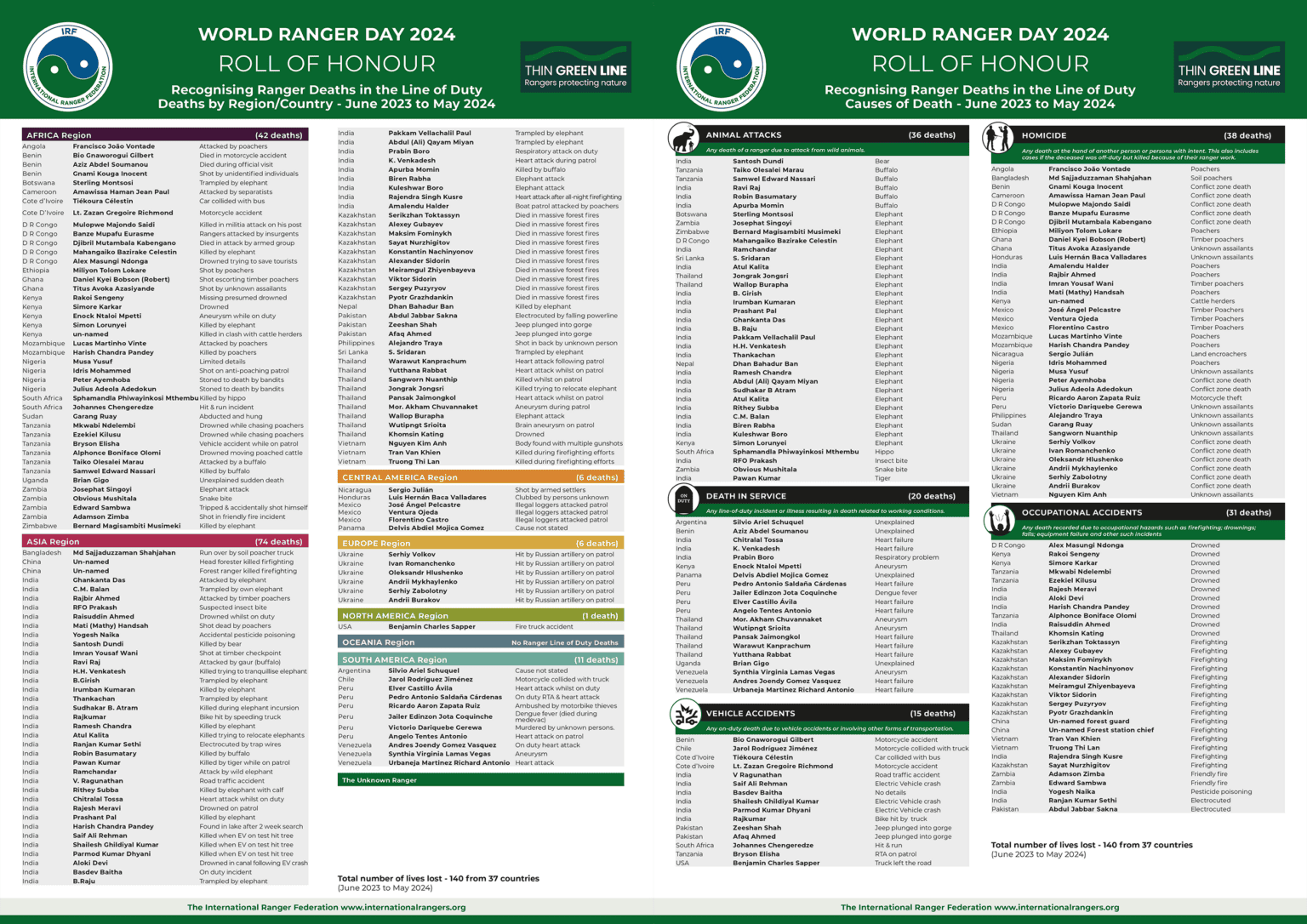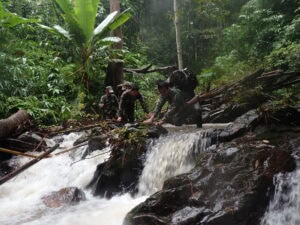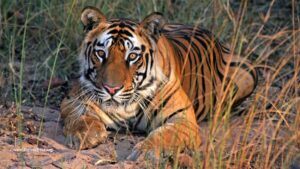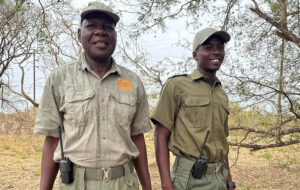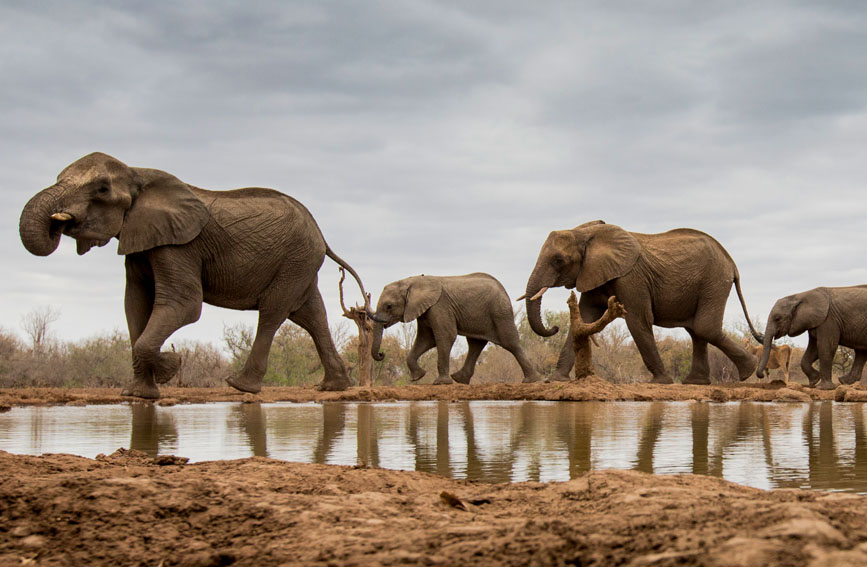Putting Everything on the Line
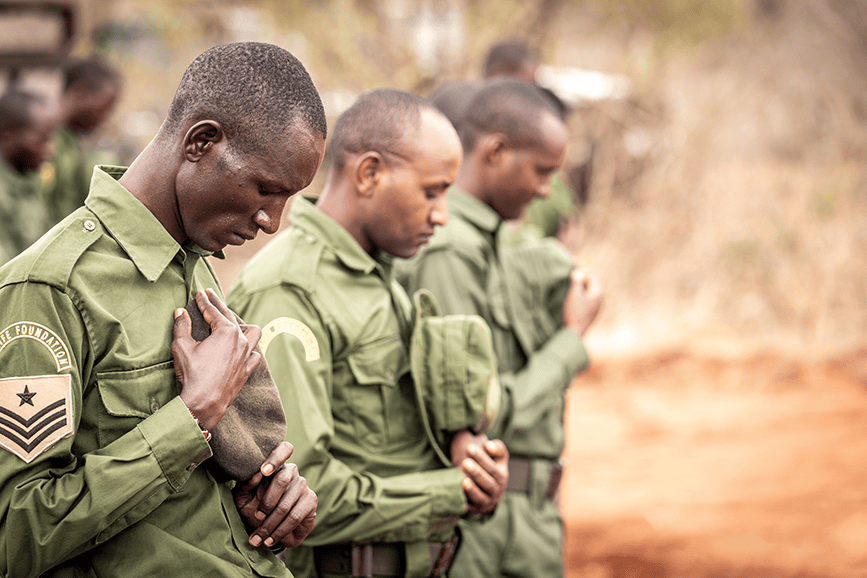
It’s another rapid response situation for the ranger team. Do you call this a road, or a track? When were the brakes last checked?
It’s often hard to imagine the challenges of patrolling in remote areas, in a vehicle or on foot. Rough roads, steep terrain, and forest fires have all contributed to ranger fatalities this year. Casualties from vehicle accidents have increased noticeably in recent years.
On World Ranger Day, 31st July, rangers, their families, friends, and the communities they’re part of, will pause to reflect on the work of fallen colleagues, those who lost their lives protecting nature.
The International Ranger Federation’s 2024 honour roll of line-of-duty deaths for World Ranger Day lists 140 names.
Fatalities were recorded in 37 countries, with a very high proportion in Asia (74 deaths, including 43 in India) and Africa (42 deaths across 17 countries). Sadly, most countries reported multiple fatalities. D R Congo, Kenya, Tanzania, and Thailand were among the countries with high casualties. Ten rangers died in a forest fire in Kazakhstan.
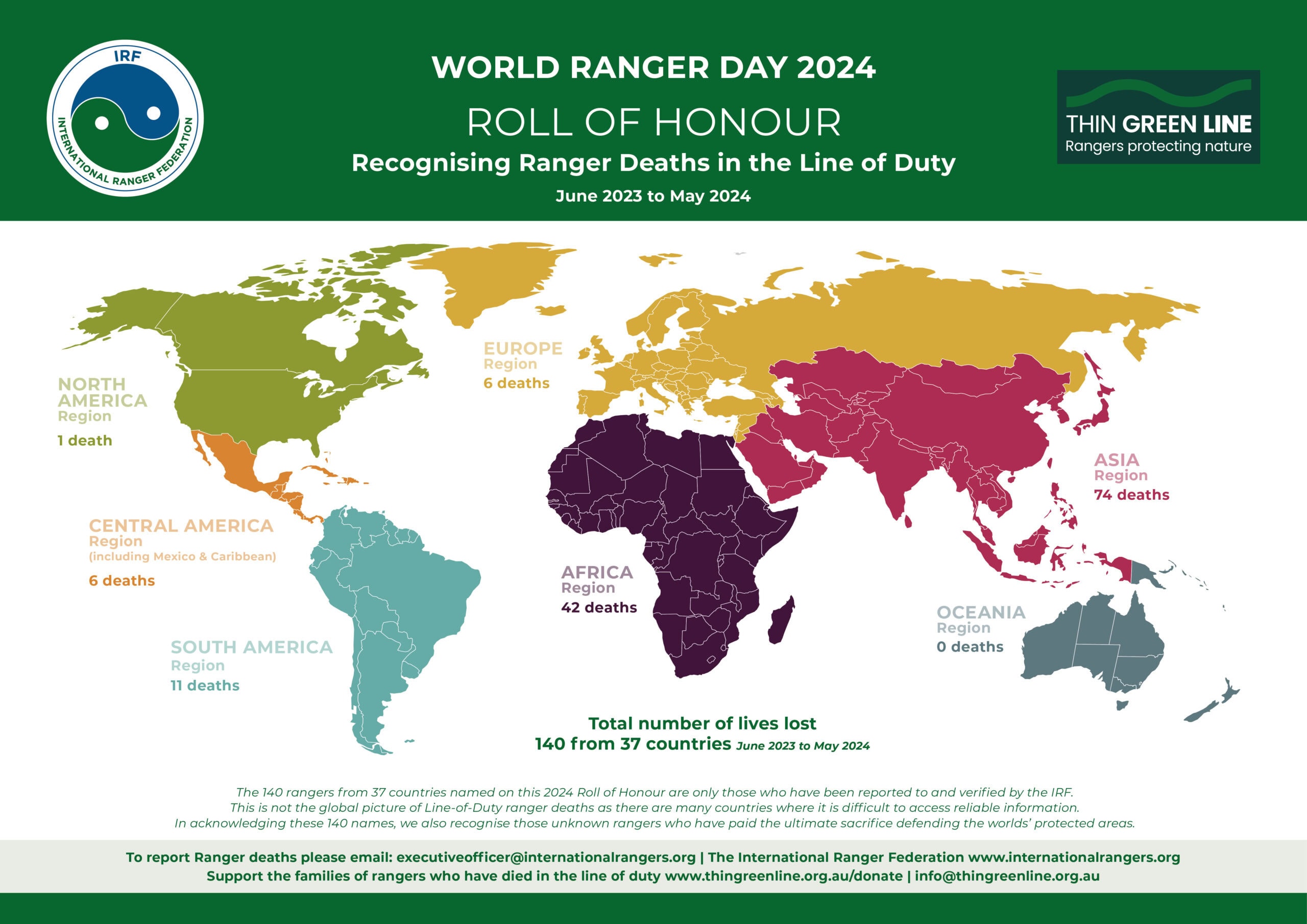
Experienced rangers repeatedly face danger each working day. While we have a perspective on the scale of fatalities, each fallen ranger has a story.
Shinini Simel Manyanguri of Honeyguide’s K9 tracking unit in Tanzania died in early 2023 following complications from a serious vehicle accident. His dedicated career training and working with tracker dogs was recognised in the annual African Ranger Awards in 2019. The injuries from his working career finally took their toll.
Deaths from accidents comprise a third of all ranger casualties. These include firefighting fatalities and drownings. Human-wildlife conflict caused 26 per cent of ranger deaths. Homicides are another major cause of death for nature’s protectors (27 per cent of casualties), who are frequently confronted by insurgents or poachers.
Ranger Daniel Bobson was killed in an ambush by armed timber poachers in Ghana. He was 34 years old and left behind two children, including a three-month-old son. Daniel had worked tirelessly to protect Ghana’s endangered rosewood trees – a prized resource that is more widely trafficked than elephant ivory or rhino horn.
In the last 12 months there have been a growing number of deaths in conflict zones, with 13 rangers killed by foreign combatants and insurgents.
Thin Green Line supported families of fallen rangers in 14 countries last year. Working closely with a worldwide network of in-country contacts, we expect to reach even more in the future. Many of these families live in very remote areas.
Ranger Coquinche worked in Peru’s Amazon region. He contracted dengue fever and died during a medevac flight. He was 23 years old, married with a baby daughter.
Each fallen ranger is much more than a statistic, we understand their stories too, but the data we help to collate informs decisions about training priorities. We collaborate and share information with experienced ranger trainers to identify potential approaches that may save and protect rangers. But when a ranger doesn’t make it home, Thin Green Line does whatever it can to assist their family. It’s a cornerstone of what we do.
